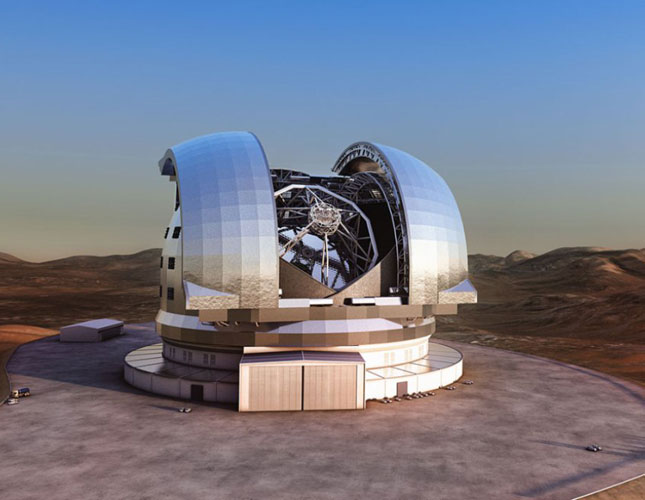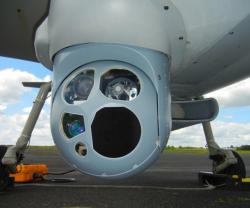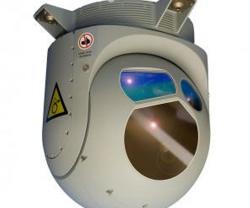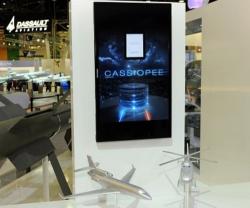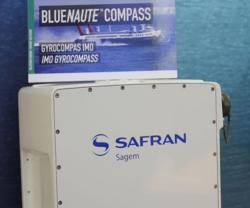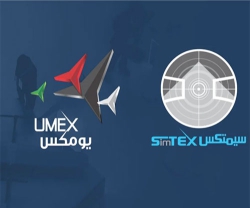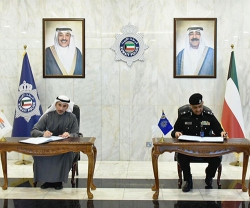Safran Reosc, a subsidiary of Safran Electronics & Defense, has signed a contract with ESO, the European Southern Observatory, to polish, measure and test the M2 mirror, the secondary optics on the European Extremely Large Telescope (E-ELT), which will be the world’s most powerful telescope .
The E-ELT is a giant telescope fitted with a main mirror 39 meters in diameter. To be built in Chile on the Cerro Armazones mountain (3,060 m altitude), it will drive significant progress in astronomy (in terms of stellar archeology, the discovery and characterization of exo-planets, etc.). The start of observations, or “first light”, is planned for 2024.
Safran Reosc will also be responsible for the development and construction of the high-precision optical test bench, designed to measure the M2 mirror’s optical quality throughout the polishing process.
The M2 mirror, a high-performance optical part, will be processed at Safran Reosc’s plant in Saint-Pierre du Perray (greater Paris area, Essonne district), for delivery in 2022. It will then be mounted in cell by ESO.
Safran Reosc had a contribution of significance in 2012 to the preliminary design study of the secondary mirror by participating to the FEED study. Safran Reosc’s latest success on the E-ELT follows its contract win in 2015 to produce segments for the telescope’s M4 adaptive mirror.
Measuring 4.2 meters in diameter, the M2 will be the largest telescope secondary mirror ever built. It will be made of a vitro-ceramic material, and will be in the shape of a circular, convex meniscus 100 millimeters thick.
The mirror polishing process, one of Safran Reosc’s specialties, will ensure outstanding quality. The M2 mirror of course plays a decisive role in the telescope’s performance, and will offer average optical quality to within 15 nanometers, the equivalent of a difference of 3 millimeters over the distance of 700 kilometers.
Winning the contract for this key component of the E-ELT confirms Safran Reosc’s technical and industrial leadership in the production of mirrors for very large optical instruments used for astronomy and spaceborne applications.
Safran Reosc develops and produces high-performance optics for satellites, large telescopes and high-energy lasers, as well as the semiconductor industry. In particular, Safran Reosc built the single-piece 8-meter mirrors for ESO’s Very Large Telescope and the Gemini international telescope, the 11-meter mirror for the Gran Telescopio de Canarias, mirrors for Europe’s Nirspec instrument on NASA’s James Webb Space Telescope, and mirrors for ESA’s GAIA astronomy satellite. Reosc also provided optics for the French satellites Meteosat, Spot and Helios.
Safran is a leading international high-technology group with three core businesses: Aerospace (propulsion and equipment), Defence and Security. Operating worldwide, the Group has 70,000 employees and generated sales of 17.4 billion euros in 2015. Safran is listed on Euronext Paris and is part of the CAC40 index, as well as the Euro Stoxx 50 European index.
Reosc, a subsidiary of Safran Electronics & Defense, a high-tech Safran company, is a world leader in the design, production and integration of high-performance optics for astronomy, space, large lasers and the semiconductor industry, spanning both civil and defense applications.
Founded in 1937 by Henri Chrétien, Reosc has developed expertise unrivaled worldwide in optical assemblies for ground-based astronomy. Covering every phase from research and design, to production and integration, Reosc offers a complete range of high-performance optics and high-precision opto-mechanical equipment. Reosc has 130 employees and is based in Saint Pierre du Perray, about 35 kilometers southeast of Paris.

